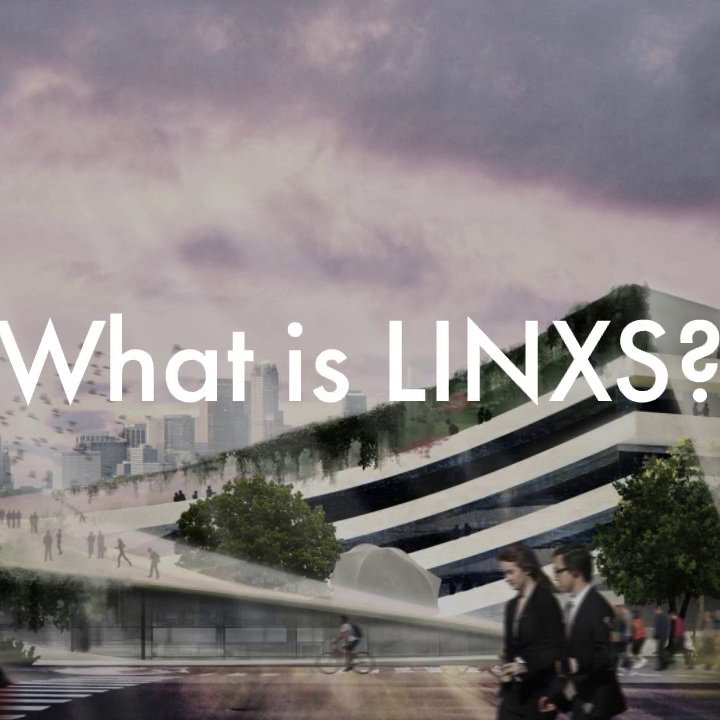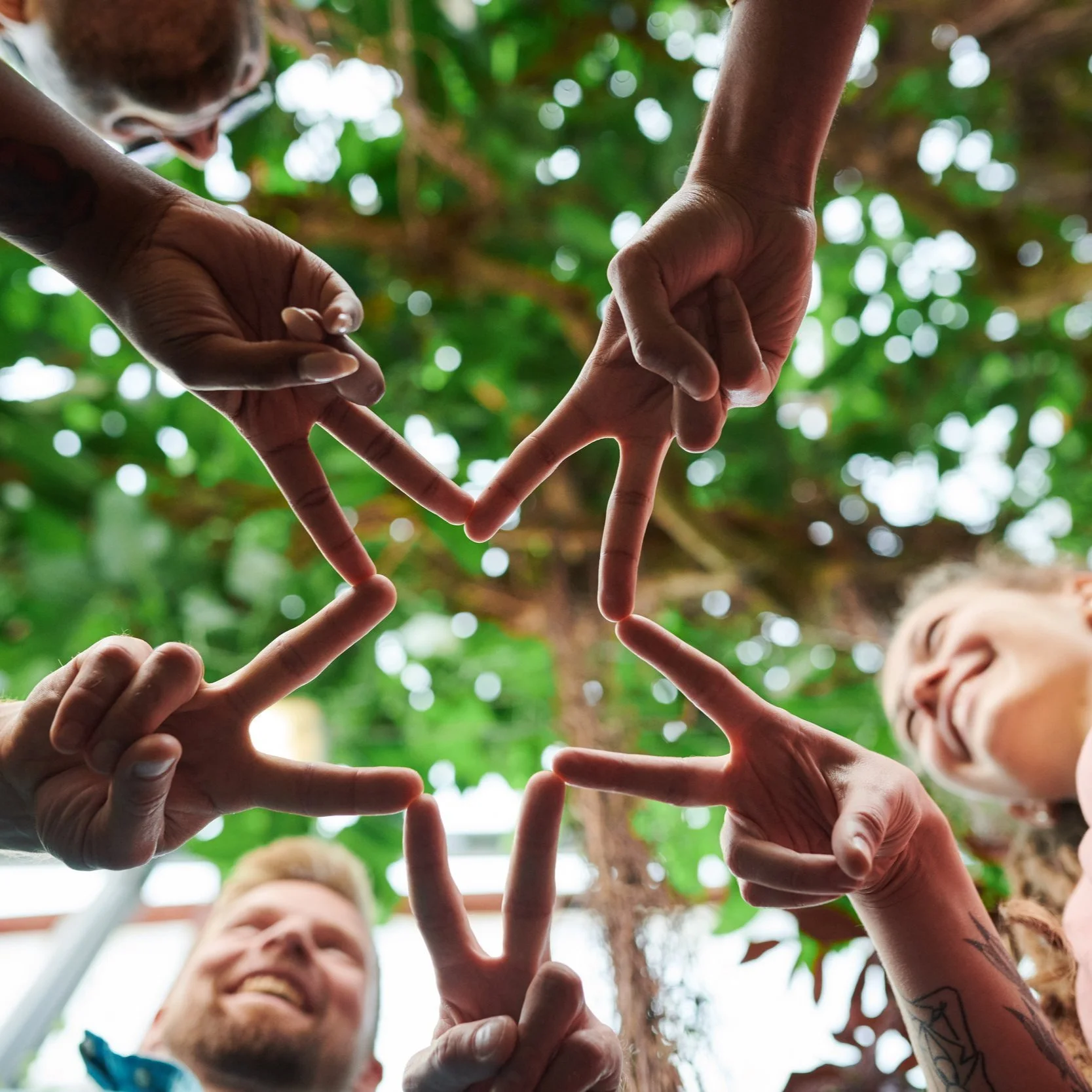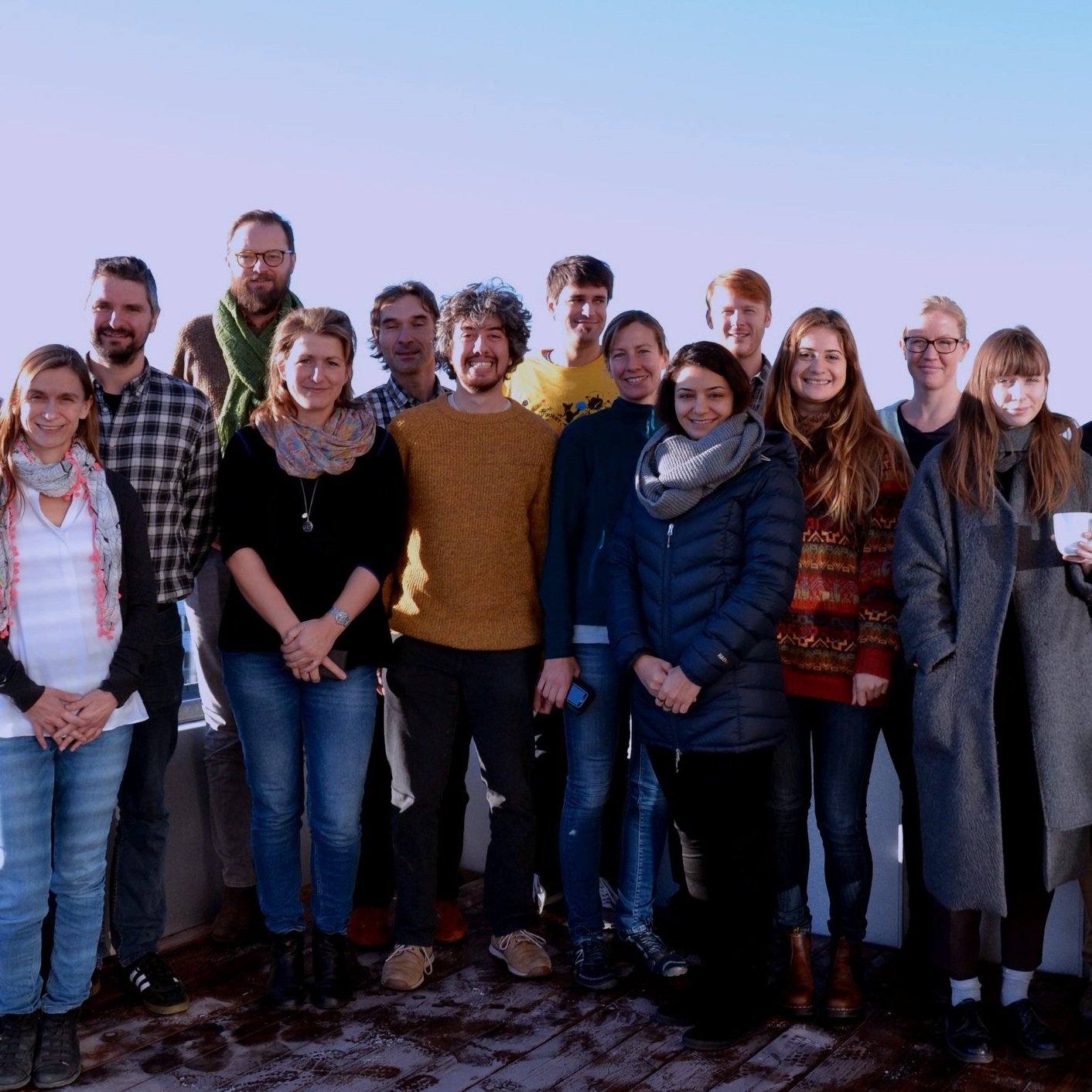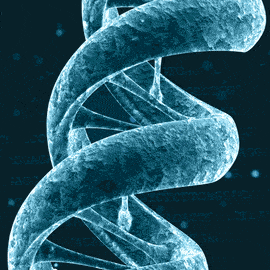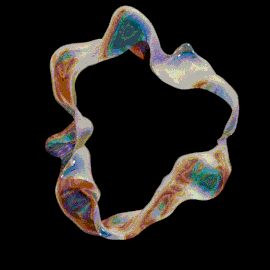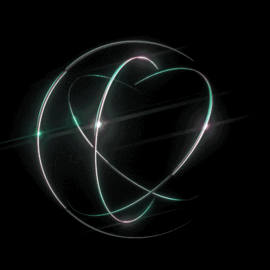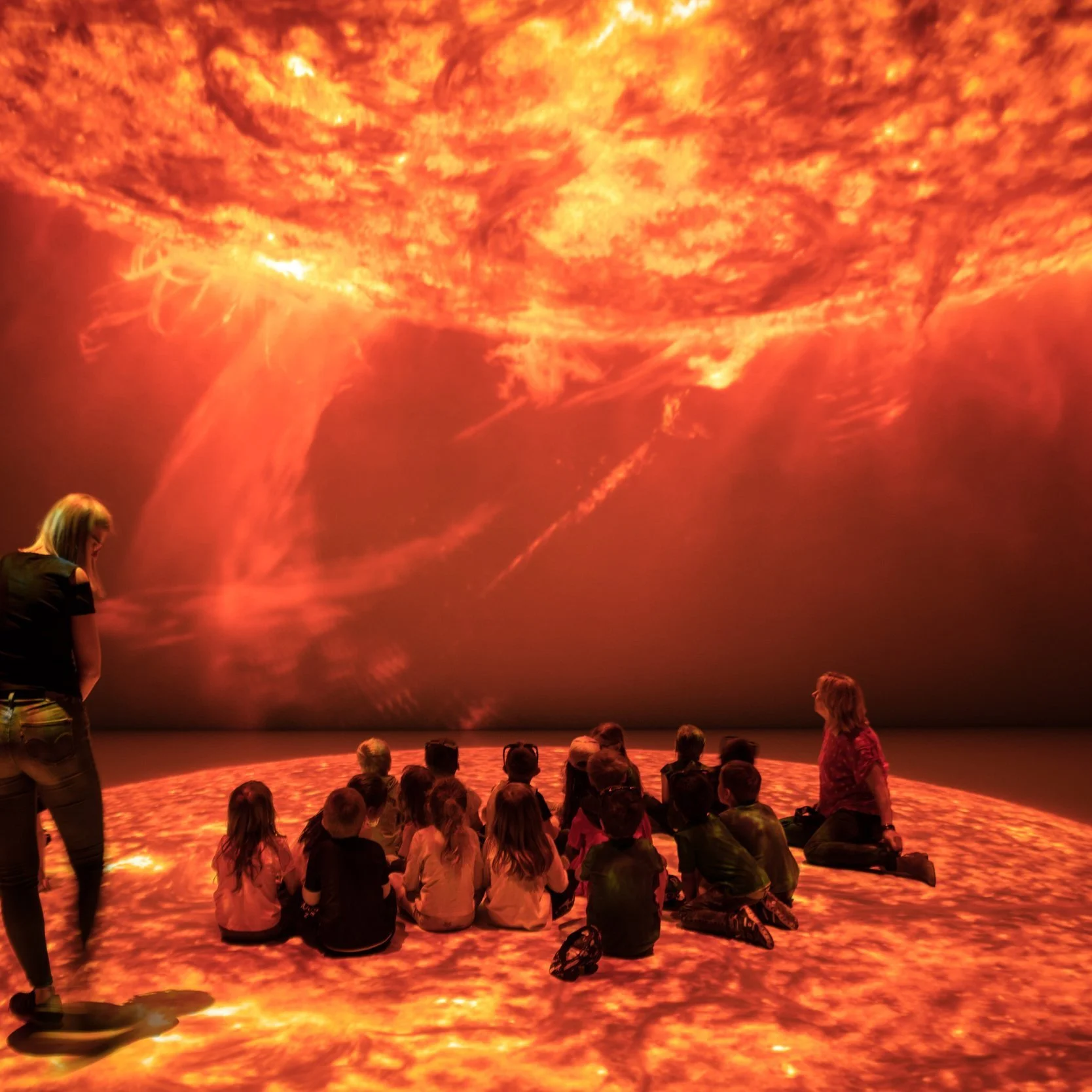The Catalysis working group has been in existence for two years. Sara Blomberg, Associate Senior lecturer at the Department of Chemical Engineering at Lund University, and working group leader, is happy with how the work is progressing: – We have established new collaborations but also stimulated already ongoing joint projects.
The Catalysis working group aims to increase fundamental knowledge and understanding on catalysis. The group strives to facilitate collaboration, and create arenas for new scientific discoveries. Since the group was formed, under the New Materials theme, it has organised two workshops to gather different researchers in the field.
The most recent event in June, which gathered 30 participants, focused on X-ray based research related to catalysis theory and electrochemistry. Both experimentalists and theoreticians attended the workshop. Sara Blomberg notes that it is good to present many different perspectives, so that you can gain more in-depth knowledge of the area.
– We want these events to be informal to help with networking, and to spark new research discussions. They also present an opportunity to invite senior scientists to come and present, and for younger PhDs to talk about their science. I think this is very important in terms of younger researchers gaining new contacts and ideas.
LINXS Guest researcher programme is beneficial for collaborations
She is very pleased with the overall progress of the group’s work. Inviting visiting guest researcher Jason Weaver, Professor in Chemical Engineering, from Florida University, in the USA, has been very fruitful. He stayed at LINXS from May unto July 2022. She says that having someone stay for a longer period, which is the aim of LINXS visiting guest researcher programme, is important in terms of enabling more focused discussions – which in this case led on to formal collaborations in the form of beamtime proposals.
– We have been able to send in several joint proposals for beamtime at different synchrotrons. The joint beamtime applications is another result of the large network created within our group where people bring in colleagues from their home universities.
The beamtime proposals focuses on situ-experiments with an aim to increase the fundamental understanding of catalysis, and cover both electrochemistry and thermal catalysis. Questions that are important to investigate include for example, how do catalyst materials behave in gases or in other chemical processes? And what happen to the catalysis process when you change the material alloy, or change its properties?
Bridge the gap between industry and fundamental science.
Sara Blomberg explains that the proposals bring together people who work on both applied and fundamental catalysis.
– Since I work a lot with industry, I hope that our experiments can prove useful for them too. One goal with our working group is to bridge the gap between industry and fundamental science. Therefore, we want to involve industry and get their input too. The overall aim is of course to have more efficient catalysis: but how should the process look like: how should we get there? Industry can help guide us scientists in terms of what questions we should ask, and how we should design our experiments to mimic industrial conditions, she concludes.
Read more about the New Materials theme

